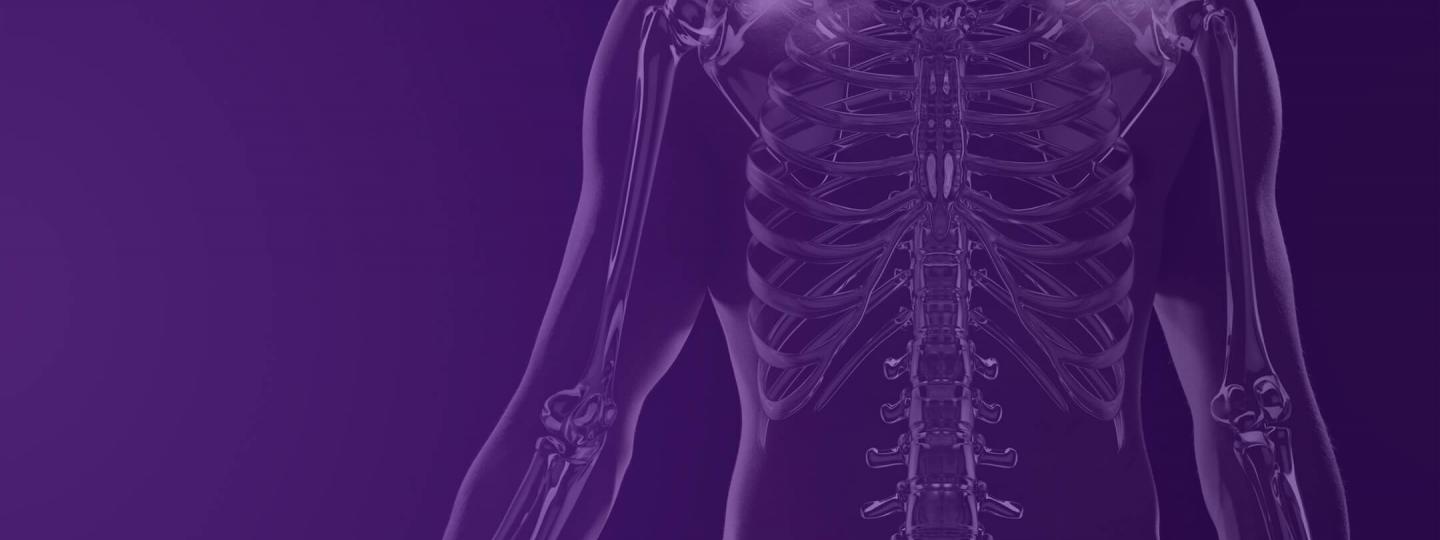
Graduate Certificate in Biostatistics
Overview
Learn how to develop and apply statistical methods to different sets of health data so you can make important contributions to research and evidence-based practice.
Biostatistics uses data to measure, understand and solve medical problems. This exciting and versatile discipline contributes to all fields of medical research and evidence-based healthcare. In this program, you'll develop critical analysis expertise, interpretation skills and the ability to apply relevant research findings.
The Graduate Certificate in Biostatistics teaches the specialised application of statistics, including data collection, analysis and interpretation, to the field of health. This program is ideal if you're interested in advancing knowledge in biomedicine, public health, or the life sciences. You'll learn how to develop and apply statistical methods to different sets of health data, to make important contributions to research and evidence-based practice.
The Graduate Certificate in Biostatistics is a six month program that teaches core courses from the Master of Biostatistics course list. It's designed for applicants who have completed an approved degree and at least one tertiary-level statistics course. You'll complete 8 units of study with a course plan tailored to your academic background. All courses are designed to refine your understanding of biostatistical concepts and methods.
The program is enriched by the School of Public Health’s strong links with leading international agencies including Australian Aid, the World Bank and the World Health Organization.
Program highlights
- Study a program developed by Australia’s foremost biostatisticians at one of the leading schools of public health in the Asia-Pacific.
- Benefit from a program enriched by the School of Public Health’s strong links with leading international agencies.
- Graduate with in-demand skills applicable to all fields of medical research and healthcare.
How you'll learn
Your learning experiences are designed to best suit the learning outcomes of the courses you choose.
- Lectures
- Tutorials
- Online study
What you'll study
At UQ, degrees are called 'programs' and subjects are called 'courses'. Here's a sample of the courses you could study in this program:
- Introduction to Epidemiology
- Mathematical Foundations for Biostatistics
- Health Indicators & Health Surveys
- Data Management & Statistical Computing
Career possibilities
Postgraduate study can take you anywhere. Here are some of the careers you could be on your way to:
- Biostatistician
- Epidemiologist
- Data technician
- Bioinformatician
Events
See all events
9 June
Master of Physiotherapy information webinar
Stories
See all stories
UQ people
Turning her curiosity into a healthcare career
4-minute read

UQ people
Chiemeka’s PhD story: cost-effective treatment for brain disorders
4-minute read

UQ people
Beatris’ PhD story: mapping epidemics to protect public health
5-minute read
Stories
See all stories
UQ people
Turning her curiosity into a healthcare career
4-minute read

UQ people
Chiemeka’s PhD story: cost-effective treatment for brain disorders
4-minute read

UQ people
Beatris’ PhD story: mapping epidemics to protect public health
5-minute read
Entry requirements
Entry requirements
To be eligible for entry, you'll need:
- a bachelor's degree (or equivalent) in a relevant discipline (see below)
You must have a grade point average (GPA) of 4.0 on a 7-point scale in your previous qualification.
- a bachelor's degree (or equivalent) in a relevant discipline (see below)
You must have a grade point average (GPA) of 4.0 on a 7-point scale in your previous qualification.
Relevant disciplines for previous qualifications
Relevant disciplines include allied health, applied Science, behavioural and social sciences, biomedical sciences, biostatistics, counselling, dentistry and oral health, development studies, education, engineering, environmental health, exercise and sport science, food science, health economics, health management, mathematics, medicine and medical sciences, nursing, nutrition, occupational health and safety, pharmacy, psychology, public health and health sciences, science, sociology, speech therapy, and veterinary sciences.
Related programs
Depending on your previous qualifications and current goals, you might want to consider
one of these related programs:
English language requirements
IELTS overall 6.5; reading 6; writing 6; speaking 6; listening 6. For other English Language Proficiency Tests and Scores approved for UQ
TOEFL iBT (including Paper Edition) - Overall 87, listening 19, reading 19, writing 21 and speaking 19.
PTE Academic - Overall Score of 64 and 60 in all sub bands.
BE - A minimum overall grade of 4 plus a minimum grade of C in all macro skills.
CES - Overall 176 and 169 in all sub bands.
OET is not accepted.
There are other ways to meet the English language requirements. For some programs, additional conditions apply.
Student visas
This program does not meet the eligibility requirements for an Australian Student visa (subclass 500).
To study this program in Australia you will need a temporary visa or residency status with study entitlement. Some programs can also be studied from outside Australia.
Additional application information
Fees and Scholarships
Indicative annual fee
Approximate yearly cost of tuition (8 units). Your fees will vary according to your study load. Fees are reviewed each year and may increase.
$17,256
2026
Approximate yearly cost of tuition (8 units). Your fees will vary according to your study load. Fees are reviewed each year and may increase.
AUD $25,016
2026
Government assistance
Financial aid
As an international student, you might be eligible for financial aid – either from your home country, or from the Australian Government.
FEE-HELP
Domestic students who are accepted into the Graduate Certificate in Biostatistics pay tuition fees.
FEE-HELP is an Australian Government loan scheme to assist eligible students with the cost of their tuition fees.
Centrelink support
The Australian Government offers a number of income-support payments to eligible Australian university students.
Scholarships
You may be eligible for more than 100 scholarships, including:
How to apply
Applying online
All international applications should be submitted to UQ. The program code for the Graduate Certificate in Biostatistics is 5497.
International students who want to study this program will not be eligible for a Student Visa (subclass 500).
To study this program in Australia, you will need an Australian visa or residency status with sufficient study entitlement. Some programs can also be studied from outside Australia.
Applying online
All domestic applications should be submitted to UQ.
The program code for the Graduate Certificate in Biostatistics is 5497.
Important dates
The closing date for this program is:
- To commence study in semester 2 - May 31 of the year of commencement.
- To commence study in semester 1 - November 30 of the previous year.
Visa processing times vary. Apply and accept your offer as early as you can.
To learn more about UQ dates, including semester start dates, view the Academic Calendar.
Important dates
The closing date for this program is:
- To commence study in Semester 1 - January 31 of the year of commencement.
- To commence study in Semester 2 - June 30 of the year of commencement.
To learn more about UQ dates, including semester start dates, view the Academic Calendar.
Aboriginal and Torres Strait Islander applicants
For support with applying – or if you have any questions about university life – get in touch with our Aboriginal and Torres Strait Islander Studies (ATSIS) Unit.
Explore other programs
Express yourself. And your interest.
They say choosing a degree is hard, which is why we've made it easy. Register your interest and we'll send you everything you need to know about applying to UQ.




